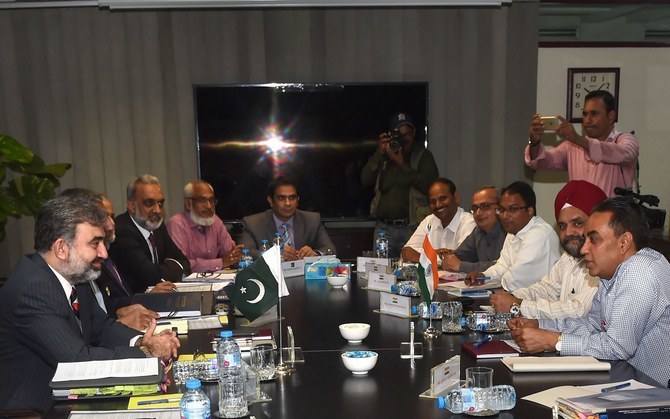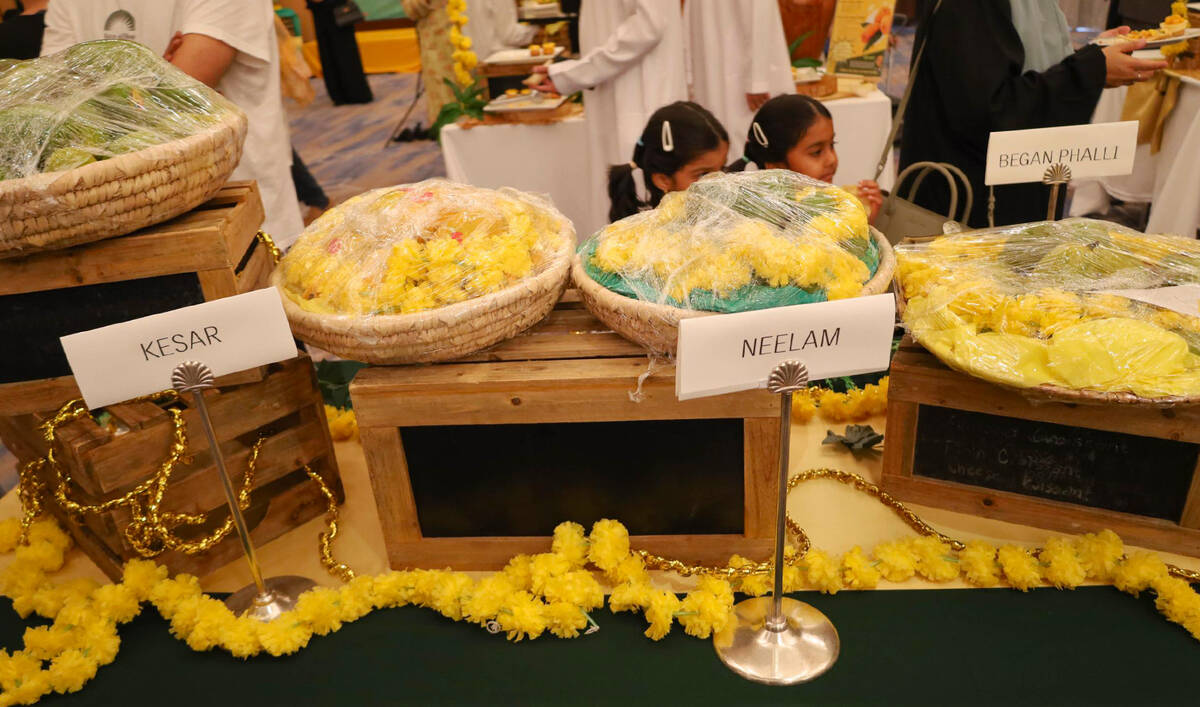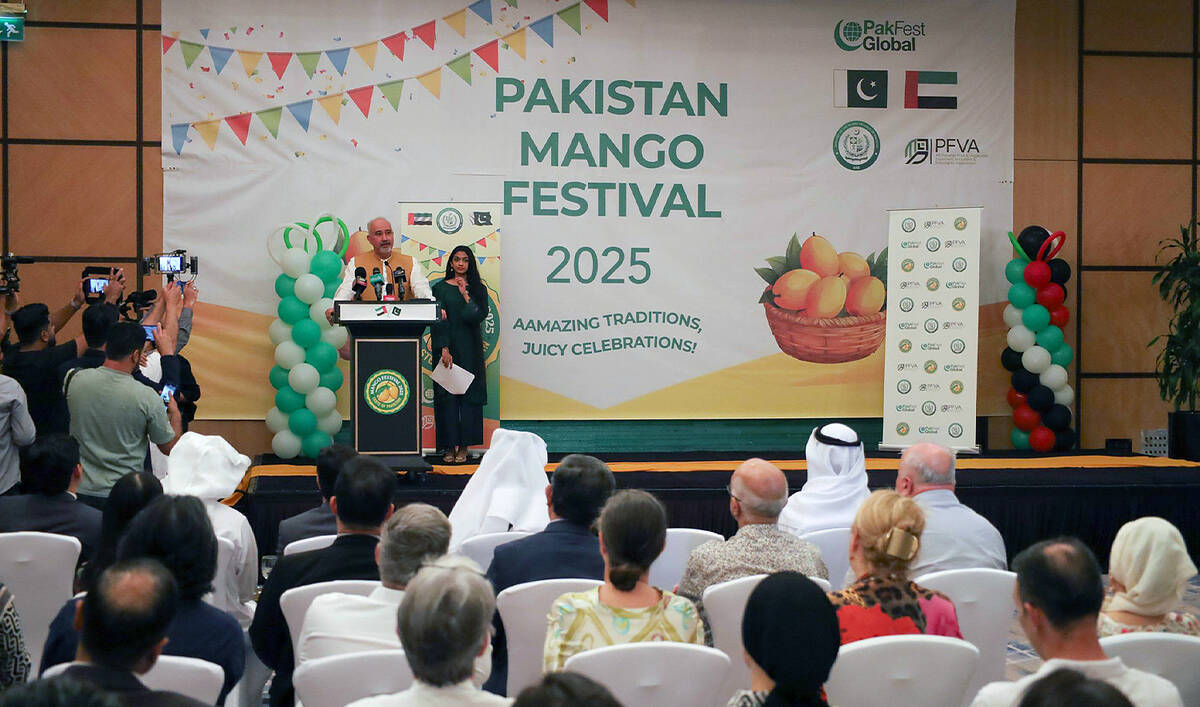ISLAMABAD: Pakistan has requested India to share information on the hydropower projects it was planning to develop, the Indian foreign ministry said on Wednesday, after a meeting of the Indus water commissioners of both countries.
Pakistani delegates led by Indus water commissioner Mehr Ali Shah arrived in New Delhi on Monday for two-day talks with their Indian counterparts led by Pradeep Kumar Saxena. The meeting took place after a gap of around two and half years, although water commissioners are required to meet at least once a year, alternately in Pakistan and India. The last meeting was held in Lahore in August 2018.
As per the Indus Waters Treaty, brokered by the World Bank and signed by the two nuclear-armed neighbors in 1960, India has control over the waters of the Beas, Ravi and Sutlej rivers, while control over the waters of the Indus, Chenab and Jhelum rivers lies with Pakistan.
“Pakistan side requested India for sharing of information on design of other Indian hydropower projects being planned to be developed. Indian side assured that the information will be supplied as and when required to be supplied under the provisions of the Treaty,” the Indian foreign ministry said in a statement.
Both countries can approach the World Bank for arbitration in case of disputes over the use of water resources. Pakistan approached the World Bank in August 2016 to constitute a court of arbitration over two disputed Indian projects: the 330 megawatts Kishanganga and 850 megawatts Ratle hydropower projects.
The bank has not yet set up the court as India has sought the appointment of a neutral expert to resolve the conflict. Pakistan is also taking up two ongoing disputes with India — over the 1000MW Pakal Dul and 40MW Lower Kalnai — at the Indus commissioners’ level. Islamabad says it will take the issues to the World Bank for mediation if it fails to resolve them at the bilateral level.
“Discussions continued on designs of two Indian projects, namely, Pakal Dul (1000 MW) and Lower Kalnai (48 MW). Indian side held that these projects are fully compliant with the provisions of the Treaty and provided technical data in support of its position,” the Indian foreign ministry said, adding that the meeting was held “in a cordial manner.”
In recent years India has also begun ambitious irrigation plans and construction of many upstream dams, saying its use of upstream water is strictly in line with the treaty.
Pakistan has opposed some of these projects saying they violate the World Bank-mediated treaty on the sharing of the Indus waters, upon which 80 percent of its irrigated agriculture depends.
Shortly after the partition of the sub-continent into Pakistan and India in August 1947, tensions soared over water rights of the rivers flowing between them. Since the ratification of the treaty after nine years of negotiations, both neighbors have not engaged in any water wars, despite waging full-scale wars over the Muslim majority Kashmir valley, which both claim in full and rule in part.























